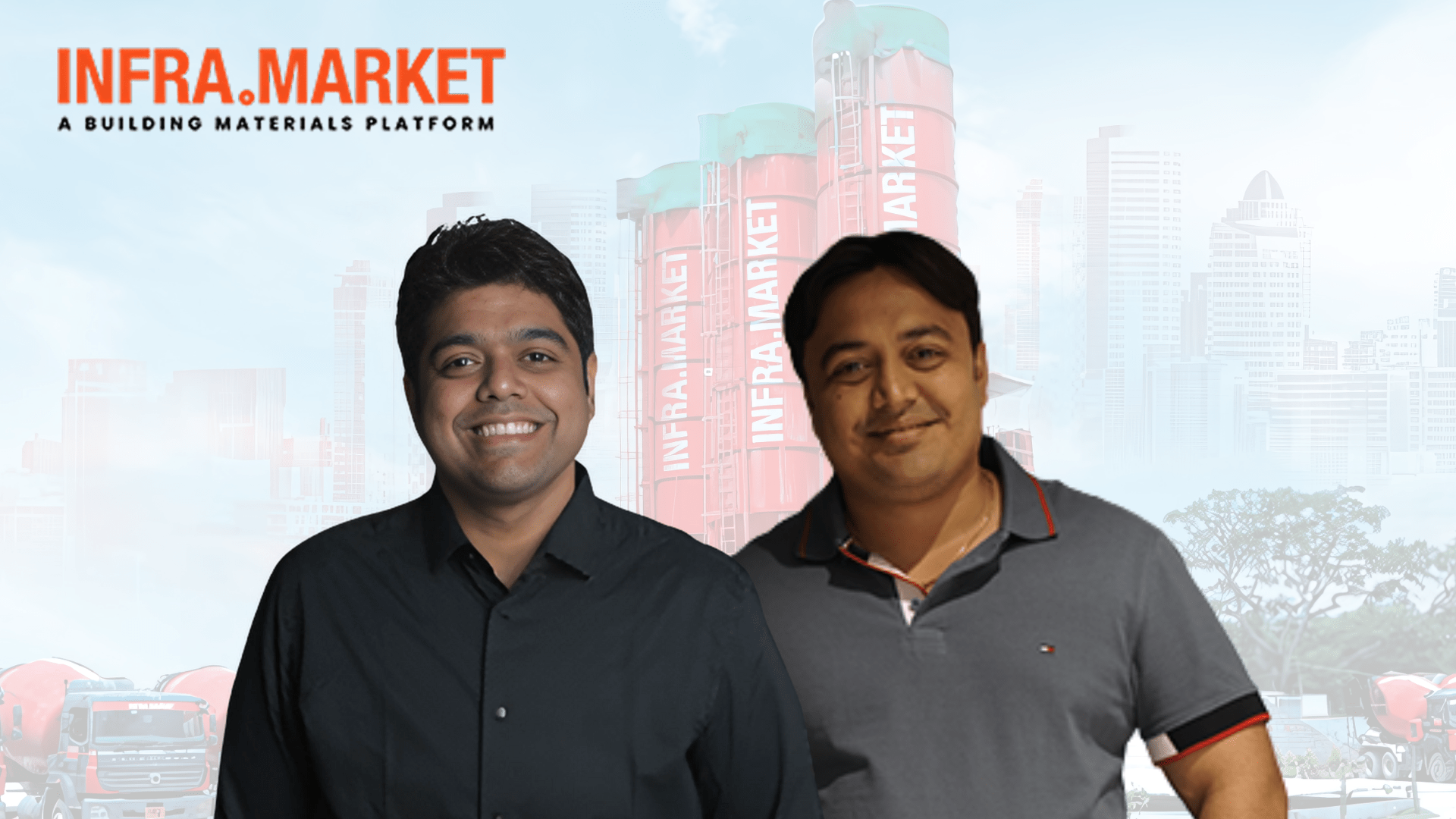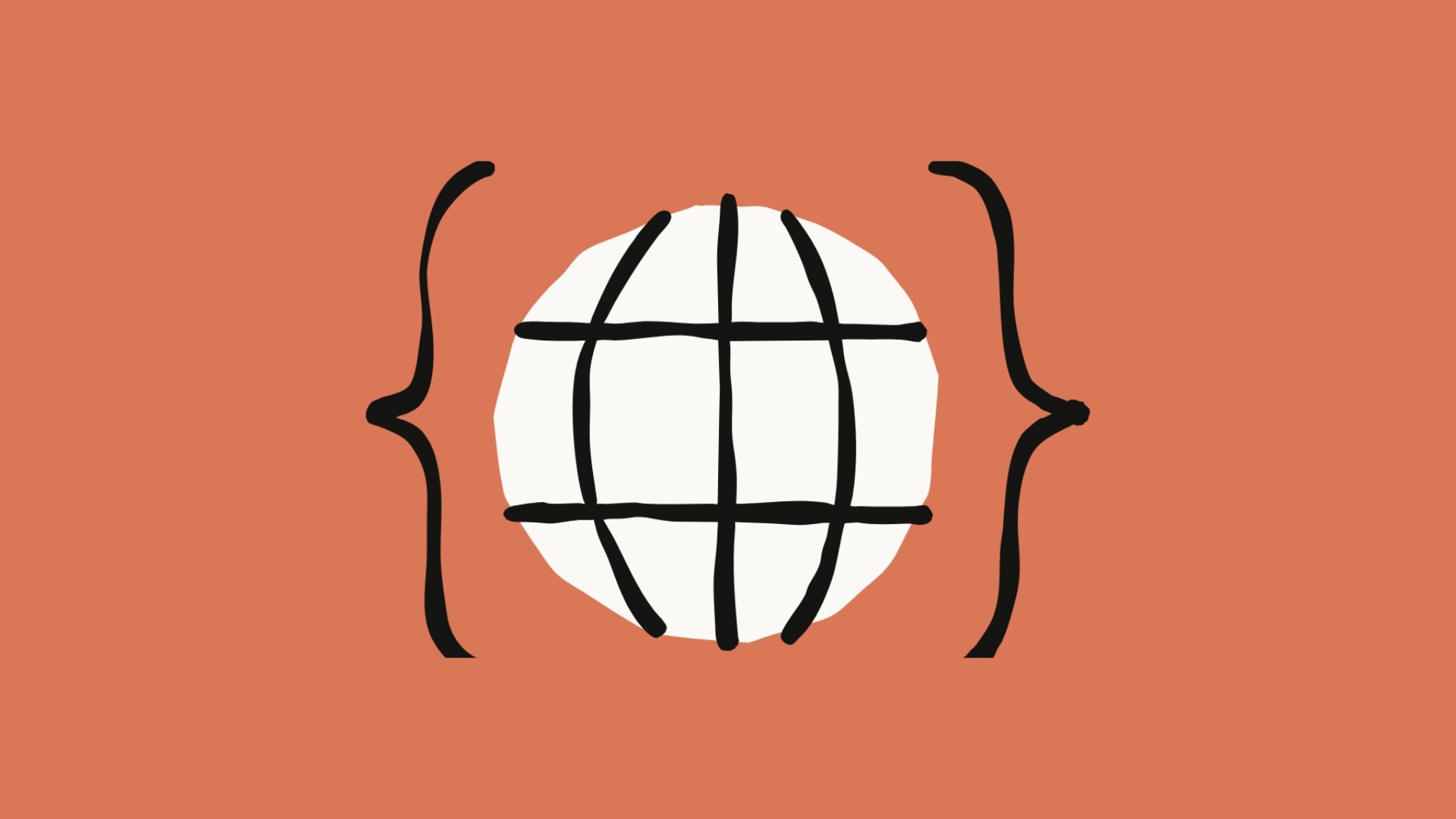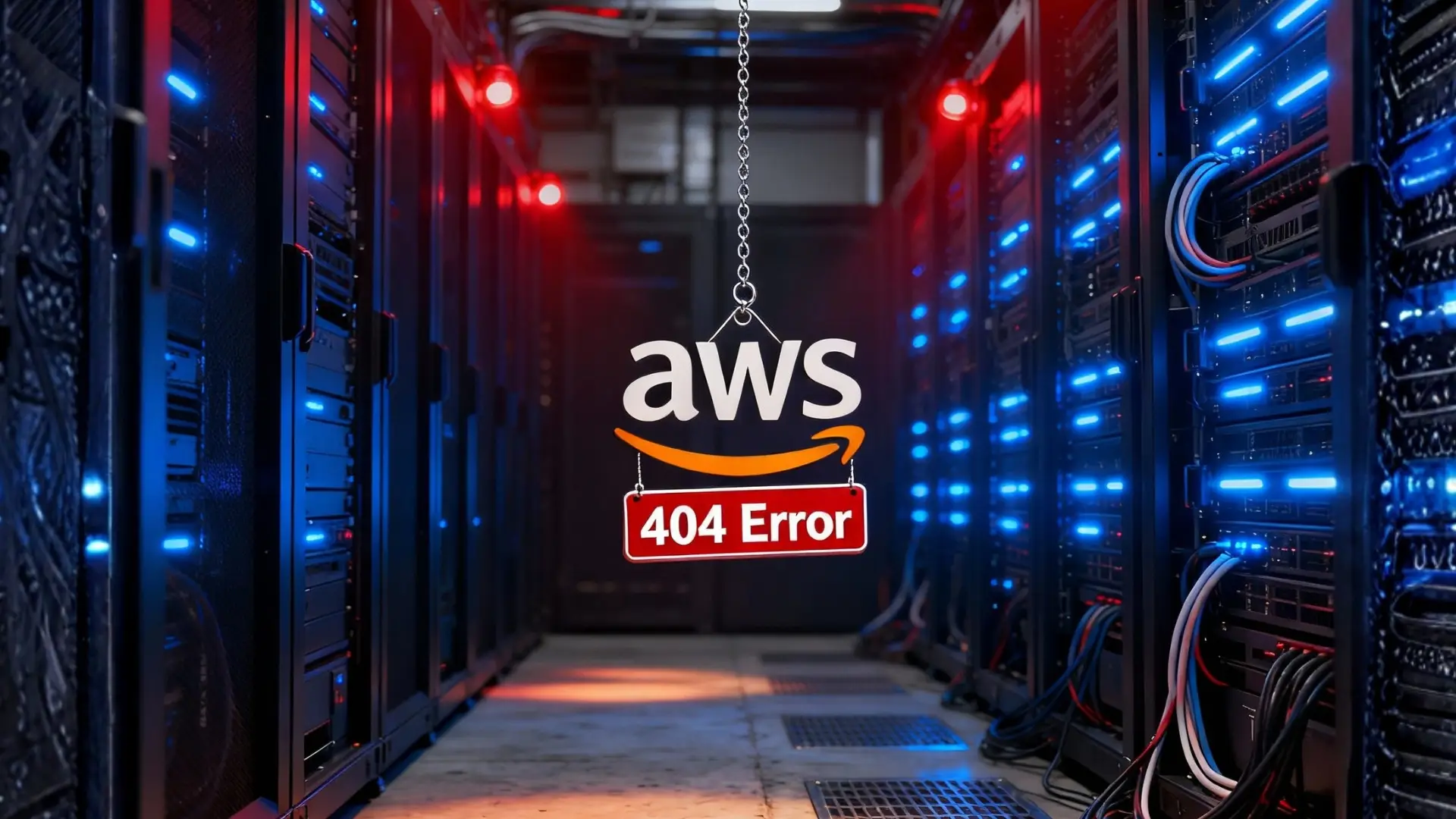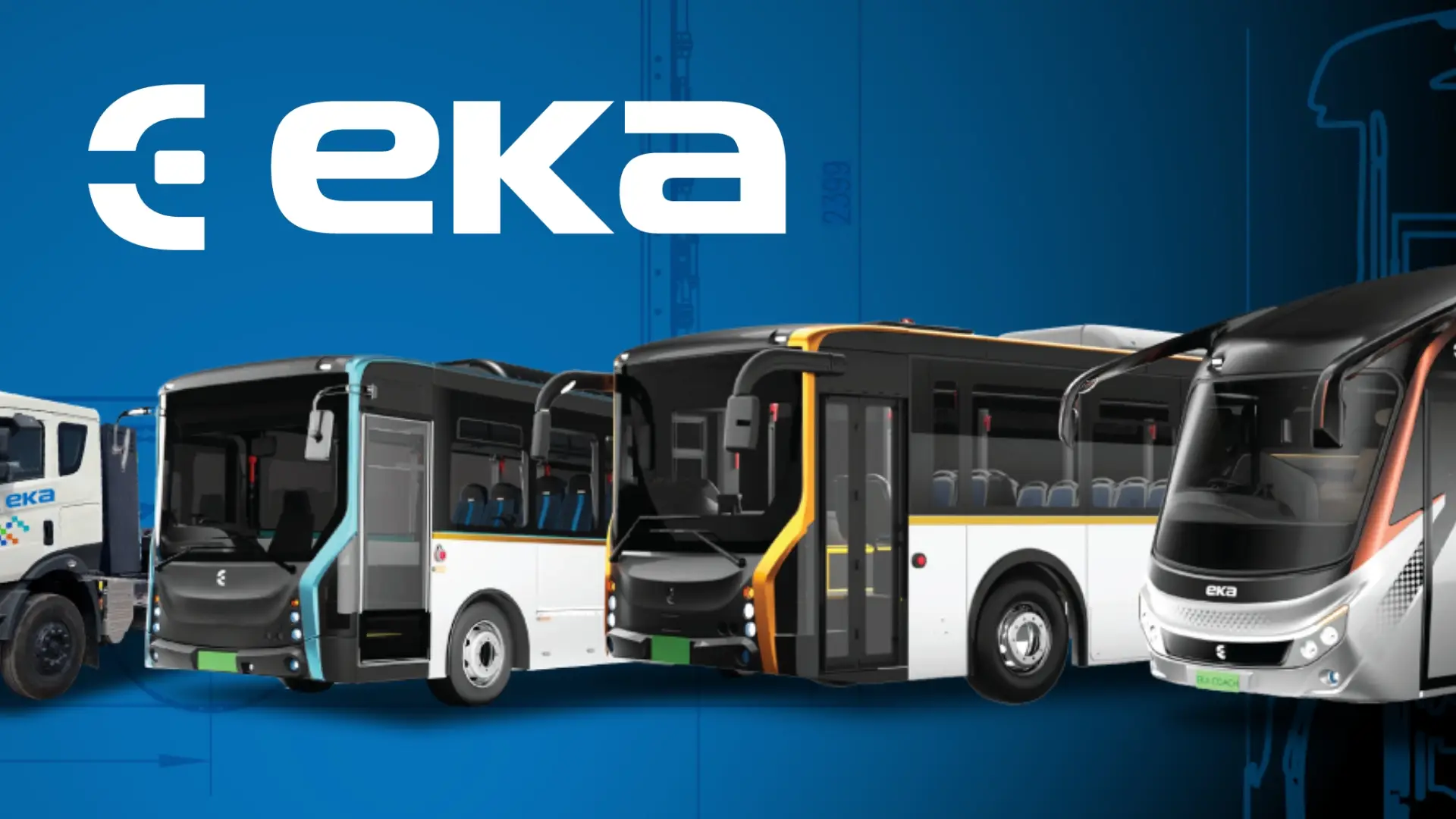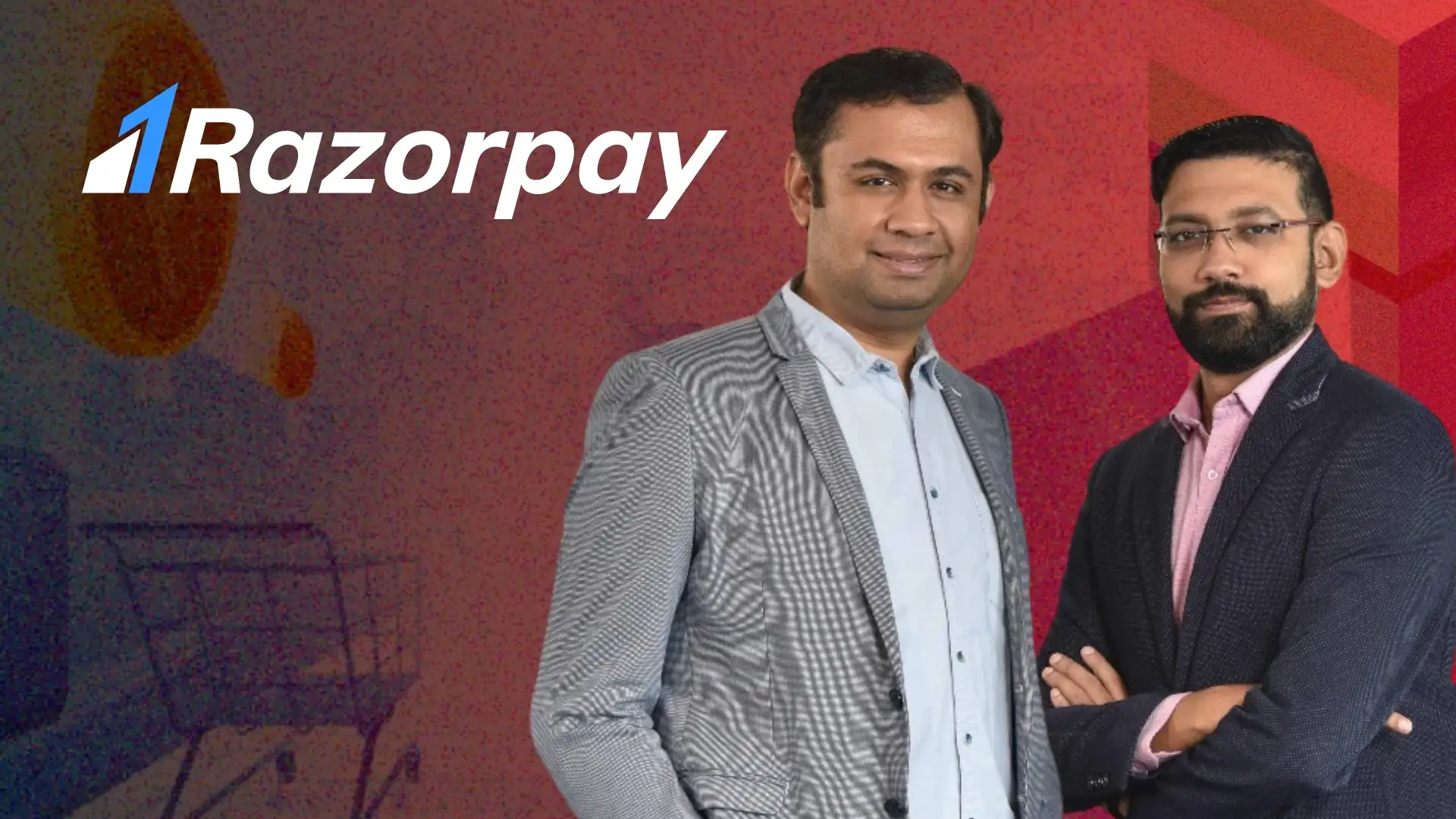Building a house is a dream for almost everyone. The process of building a house is not that easy; we go through a lot of troubles. Sometimes very small processes will delay a lot and create several problems. While building, it is important for us to source quality construction materials. Most of us usually source materials from various vendors, because you’ll not get all the materials at a single vendor. This is a major problem because there is no fixed pricing; it varies for many needed items, and quality is not assured. There is no guarantee that you will get quality and fair pricing both always.
This is where a startup was born and achieved unicorn status and is profitable. The startup we are discussing today is Infra.Market.
Infra.Market was founded in 2016 by Aaditya Sharda and Souvik Sengupta. Aaditya came from a decade-long background in the construction industry, while Souvik brought financial and strategic expertise as a Chartered Accountant and IIM Bangalore alumnus. The idea was born out of Aaditya’s deep frustration with the unorganized nature of construction material procurement in India, where over 85% of purchases happened through local, unreliable vendors; inconsistent pricing; poor quality; and delivery delays. Recognizing this massive gap, they built a tech-driven, centralized B2B platform that would streamline procurement, standardize quality, and digitize logistics for contractors and infrastructure companies alike.
Starting out of Mumbai, they bootstrapped operations and remained profitable in the early years, proving their model before raising their first angel investment of ₹1 crore. The turning point came in 2019 when they secured institutional funding from Accel. With the funding, it helped them to expand nationwide. Today the company is not just increasing its customer base, but it has really scaled the business so well.
If we look at the financials of the company, it will really blow your mind. As of FY 23, the company’s revenue stood at INR 11,846 crore, and as of FY 24, it stood at INR 14,527.23 crore. And according to the estimates, the revenue may increase by 20-25%. Infra.Market clocked an impressive revenue of ₹13,444 crore in the first nine months of FY25, driven by stellar performance across key verticals. The company’s rapid growth was led by its concrete division, which now contributes 28% to overall revenues and grew by a remarkable 48% in FY24. This was followed by strong momentum in the steel segment, accounting for 20.4% of revenues, and a solid showing in the chemical business, which contributed 19%. Together, these core segments formed the backbone of Infra.Market’s accelerated growth, reinforcing its position as a dominant force in India’s construction and infrastructure space. Meaning the revenue streams are so diversified, it is a big positive for the company.
One major point that we need to discuss is that the company does private labeling. What does it mean? Private labeling is a business model where a company manufactures or sources products and then sells them under its own brand name, even if the production is handled by a third party. While the actual manufacturing may be outsourced, the company retains full control over key elements such as branding, packaging, pricing, and distribution. This strategy allows businesses to build brand identity, customer loyalty, and higher profit margins. For instance, Infra.Market employs private labeling by offering products like ready-mix concrete, tiles, and paints under its own brands, such as RDC Concrete, Million Tiles, and Shalimar Paints. This gives them a competitive edge in the infrastructure market by ensuring quality control, brand recall, and better pricing power.
The private labeling has actually become one of the biggest strengths of the company; because of that, their operating margins have improved. In FY 23 their margins were at 6.4%, but they reached 7.22% as of FY 24. Now you might be having this question: how is it possible for a company to scale this much in less than a decade? First they solved the real problem, and when we are solving the real problems of the country, it creates the opportunities to scale. Second is a strong private labeling network instead of just being the marketplace. Most companies will build the marketplace, and then the number of profits that you will make will be lesser. But this company has its own brands, which helps them to generate more revenue. Thirdly, they have control over the end-to-end supply chain. They have over 260 manufacturing units, over 200 of which are clearly focused on the concrete production. They also have a huge customer base of over 2000 clients, and most of them are large developers, government contractors, and retail hardware stores. They clearly focused on B2B, and that’s why even B2B contributes to 83% of their overall revenues.
Infra.Market has received strong backing from investors like Tiger Global, Accel, and others, raising between FY20 and FY25. This includes ₹2,050 crore in FY25 alone, with ₹900 crore tied to the acquisition of tile companies and ₹300 crore raised through the sale of a 17% stake in RDC Concrete. The group also refinanced ₹1,700 crore of existing debt in FY25 and enhanced its working capital limits, strengthening liquidity. However, a key weakness is its high dependence on external debt to fund acquisitions, capex, and working capital. This led to an increase in gearing from 1.52x in FY23 to 2.17x in FY24, and debt servicing ratios remained below 1x, reflecting financial pressure. But the company, with its fresh equity infusions, debt restructuring, and planned IPO, is expected to significantly improve the financial risk profile.
The company also plans ₹1,500 crore in capex over FY26–FY27, which will be funded through a balanced mix of equity and debt. Today it is also one of the huge revenue-generating startups, which is planning to go for an IPO soon. With India’s massive infrastructure boom and housing growth, the demand for construction materials is only going to skyrocket. Infra.Market is perfectly positioned to ride this wave—but improving financial discipline will be critical for long-term sustainability and IPO readiness. If they continue solving real problems while tightening financials, Infra.Market could soon become the biggest construction tech in India.
Also Read: How The Sleep Company is Disrupting India’s Mattress Market with SmartGRID Technology
